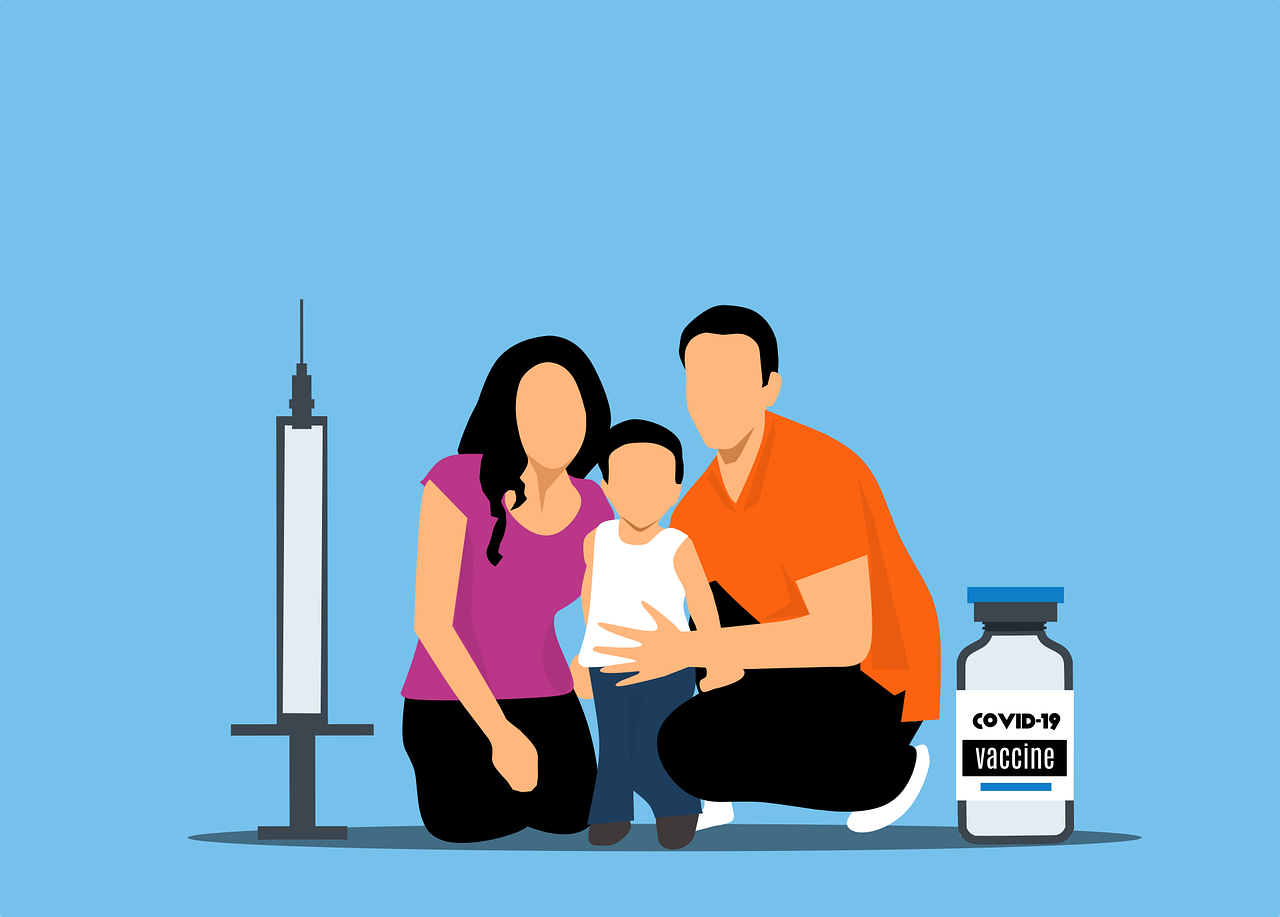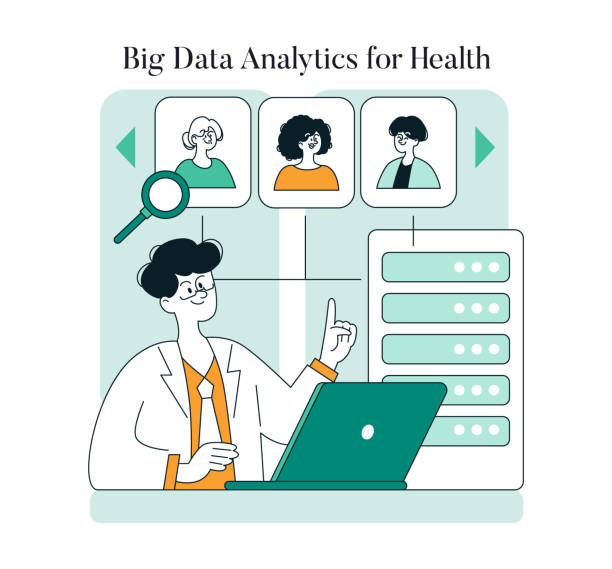Book Appointment Now

Combating Vaccine Hesitancy Through Community Nursing Efforts
Vaccine hesitancy, defined as the delay or refusal of vaccination despite the availability of vaccine services, is a growing public health challenge (WHO, 2019). It is driven by factors such as misinformation, distrust in healthcare systems, and cultural beliefs. Community nurses play a vital role in addressing vaccine hesitancy through education, advocacy, and direct patient engagement. This essay explores how public health nurses tackle misinformation and enhance vaccination rates through strategic interventions, community outreach, and tailored communication strategies.
Our nursing experts can deliver 100% custom paper about the role of public health nurses in combating vaccine hesitancy according to your order instructions.
Write my nursing essay
Understanding Vaccine Hesitancy
Vaccine hesitancy is a complex issue influenced by personal, social, and political factors. The World Health Organization (WHO) identifies complacency, convenience, and confidence as the primary determinants of vaccine acceptance (MacDonald, 2015).
- Complacency occurs when individuals perceive vaccines as unnecessary due to low perceived risk of diseases.
- Convenience refers to the accessibility of vaccines, including logistical barriers like cost and location.
- Confidence involves trust in vaccine safety, effectiveness, and the healthcare system. Community nurses must address these determinants to improve vaccination uptake. Additionally, vaccine hesitancy can be exacerbated by historical injustices in medical research, leading to lingering skepticism in some communities, particularly among marginalized populations (Feemster & Szipszky, 2021).
The Role of Public Health Nurses in Addressing Misinformation
Providing Evidence-Based Education
Public health nurses educate individuals and communities on vaccine benefits, safety, and the risks of preventable diseases. Through one-on-one counseling, community workshops, and digital platforms, nurses dispel common myths about vaccines. Studies show that direct engagement from healthcare providers significantly influences vaccine acceptance (Dubé et al., 2021). Additionally, nurses work to correct the false belief that natural immunity is superior to vaccine-acquired immunity, explaining the long-term advantages of immunization.
Leveraging Trusted Community Figures
Collaboration with local leaders, religious groups, and cultural influencers enhances credibility. Research indicates that vaccine messaging is more effective when delivered by trusted community members (Khubchandani et al., 2021). Nurses facilitate partnerships with these figures to counter misinformation, leveraging the deep-rooted trust that already exists within the community.
Using Digital and Traditional Media
Public health nurses utilize social media campaigns, radio programs, and print materials to reach broader audiences. Misinformation spreads rapidly online, making it crucial for nurses to participate in digital discourse by sharing evidence-based information and countering false claims (Larson et al., 2020). Additionally, nurses use targeted messaging to address specific concerns, tailoring their approach based on demographic factors such as age, ethnicity, and educational background. Research suggests that social media platforms like Facebook and Twitter can be used to amplify scientific voices and suppress harmful misinformation (Jamison et al., 2020).
Strategies to Improve Vaccination Rates
Implementing Community Outreach Programs
Community health initiatives such as mobile vaccination clinics, home visits, and school-based immunization programs make vaccines more accessible. A study by Shen and Dubey (2019) found that mobile vaccination units increased uptake rates by eliminating logistical barriers. Nurses also work with employers to provide workplace vaccination clinics, ensuring that working adults do not miss immunization opportunities due to time constraints.
Addressing Cultural and Religious Concerns
Cultural beliefs significantly impact vaccine acceptance. Nurses engage in culturally sensitive discussions to address concerns specific to different communities. Translation services and tailored health messages ensure inclusivity (Wilson et al., 2021). Additionally, nurses collaborate with religious institutions to dispel myths and clarify religious doctrines on vaccination, demonstrating that immunization aligns with many faith-based principles of health and protection. Also check: Faith and health care Essay Assignment Paper
Providing Incentives for Vaccination
Behavioral economics has shown that incentives can drive health-related behaviors. Public health nurses can advocate for and implement incentive programs such as food vouchers, transportation assistance, or even small financial rewards to encourage vaccine uptake. Studies have shown that modest financial incentives can significantly increase vaccine acceptance in hesitant populations (Volpp et al., 2021).
Strengthening School-Based Immunization Programs
Children and adolescents are key targets for vaccination campaigns, and schools serve as an effective access point. Nurses conduct immunization drives, awareness sessions, and parental engagement initiatives in schools to ensure higher vaccination rates among students. School nurses play a vital role in maintaining vaccination records and reminding parents of upcoming or overdue immunizations.
Promoting Policy Advocacy
Public health nurses advocate for policies that enhance vaccine access, such as employer-mandated vaccination, school immunization requirements, and public funding for vaccine programs. Policy engagement ensures long-term improvements in vaccine coverage (Hickler et al., 2019). Nurses also push for equitable vaccine distribution to ensure that underserved populations receive timely and adequate immunization services.
Evaluating the Impact of Nursing Interventions
Assessing the effectiveness of community nursing efforts is critical. Nurses employ data collection tools, vaccination tracking systems, and patient surveys to measure changes in vaccine confidence and uptake. Research shows that nurse-led interventions have a significant impact on improving vaccination rates (Bettinger et al., 2020). In addition, nurses collaborate with public health agencies to analyze vaccine uptake trends and adapt strategies accordingly.
Overcoming Challenges in Vaccine Promotion
Despite their crucial role, community nurses face various challenges, including:
- Misinformation Spread: The rapid dissemination of false information on social media platforms remains a significant obstacle.
- Resource Constraints: Limited funding and shortages of vaccines hinder effective immunization programs.
- Public Distrust: Historical medical injustices have led to deep-seated distrust in healthcare interventions in some communities.
- Vaccine Fatigue: The COVID-19 pandemic has resulted in vaccine fatigue, where individuals grow tired of frequent immunization campaigns. To address these challenges, nurses require continuous professional training, increased governmental support, and public-private partnerships to sustain effective immunization efforts.
Vaccine hesitancy remains a significant public health challenge, but community nursing efforts play a pivotal role in overcoming it. Through education, community partnerships, digital engagement, and policy advocacy, public health nurses effectively address misinformation and improve vaccine acceptance. Strengthening these initiatives ensures better health outcomes and higher immunization rates in communities worldwide. By integrating evidence-based strategies, culturally sensitive outreach, and policy advocacy, nurses can lead the charge in reducing vaccine hesitancy and fostering a healthier, more resilient society.






